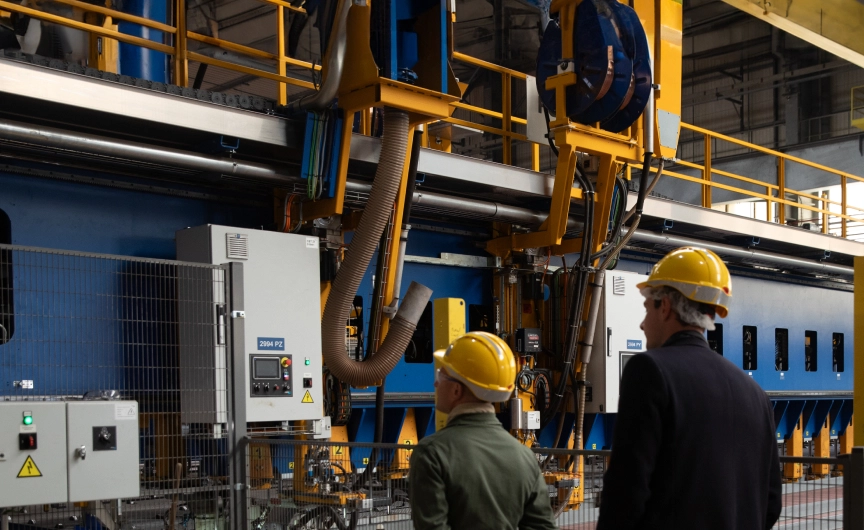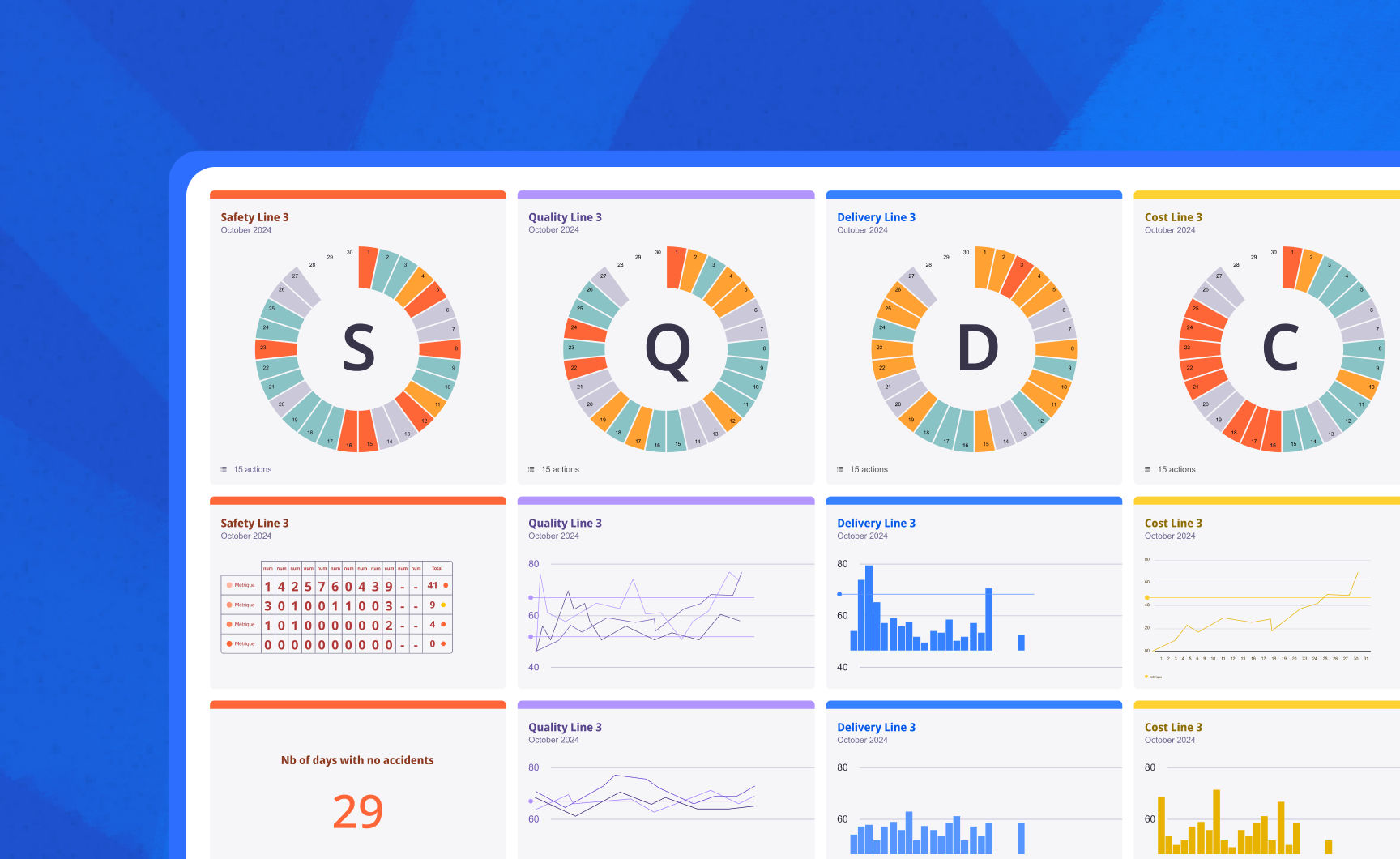Hey, let’s start your
iObeya journey!
In the world of operational excellence, Lean methodology stands tall as a beacon of efficiency. Central to this approach is the identification and elimination of waste, known as the 8 wastes of Lean . In a recent podcast discussion with Keara Brosnan, Brian Wozniak, a senior consultant at iObeya, provides invaluable insights into the world of Lean methodology and waste elimination , shedding light on their significance and the transformative power they hold for various industries.
Understanding the 8 Wastes of Lean
Brian succinctly outlines the 8 wastes of Lean, originally seven wastes with one added later:
- Transportation
- Inventory
- Motion
- Waiting
- Overproduction
- Overprocessing
- Defects
- Skills
Each waste represents a facet of inefficiency within processes, from unnecessary movement to excess production and even underutilized talent. Brian emphasizes the importance of recognizing these wastes as they can hinder productivity, inflate costs, and ultimately impact customer satisfaction.
The Detrimental Impact of Waste
“Defects would be like a pretty good example to start with. You produce something you don’t do it right the first time… Now you just waste it all kind of time, effort, money, and material cost and tool cost and equipment cost.” – Brian Wozniak
Brian articulates how these wastes can be detrimental across industries, from manufacturing to technology companies . For instance, defects in production processes can lead to rework, wasting time, effort, and resources. Overproduction results in surplus inventory, tying up capital and storage space.
Benefits of Identifying and Eliminating Waste
“Between customer loyalty, improved profitability, happier employees, I think that we can see a lot of benefit from looking at it from different stakeholders within the entire ecosystem.” – Brian Wozniak Identifying and eliminating these wastes yields both short and long-term benefits. Companies save money, improve profitability, and foster a more satisfied workforce. Moreover, it cultivates brand loyalty and enhances customer satisfaction. Brian illustrates this point with examples from renowned companies like Toyota, renowned for its commitment to quality and efficiency.
“So the company will save money. So if you are eliminating waste, then you are saving money and therefore the company becomes more profitable.” – Brian Wozniak
Starting the Journey of Waste Elimination
Embarking on the journey of waste elimination requires a structured approach. Brian outlines two primary methods: a more organic approach and a structured Lean methodology. Techniques such as 5S, Kaizen events , and A3 problem-solving empower organizations to identify and address waste systematically .
Overcoming Hurdles in Waste Elimination
Brian highlights potential hurdles in waste elimination, including resistance to change and lack of cross-functional collaboration. He emphasizes the importance of garnering buy-in from stakeholders and utilizing structured problem-solving approaches like the A3 method .
Successful Application of Lean Methodologies and Waste Reduction
Drawing from his experience, Brian shares a compelling example of how Lean methodologies are applied in the aviation industry to streamline engine replacement processes. By engaging cross-functional teams and implementing improvements, the company achieves significant efficiencies, reducing waiting times and optimizing resource utilization.
Key Takeaways and Advice to Minimize Waste
In closing, Brian offers key takeaways and advice for organizations seeking to implement Lean or minimize waste . He emphasizes the holistic approach of Lean methodologies, focusing on overall process improvement rather than isolated waste reduction. By embracing Lean principles and fostering a culture of continuous improvement , organizations can unlock efficiencies and drive sustainable growth.
Unlock Efficiency the Lean Way by Eliminating Waste
The conversation with Brian Wozniak provides invaluable insights into the world of Lean methodology and waste elimination. By understanding and addressing the 8 wastes of Lean, organizations can pave the way for enhanced productivity, reduced costs, and improved customer satisfaction. As we navigate the complexities of modern business, embracing Lean principles remains a cornerstone of operational excellence . Stay tuned for future podcasts where they further dive deeper into similar topics.






